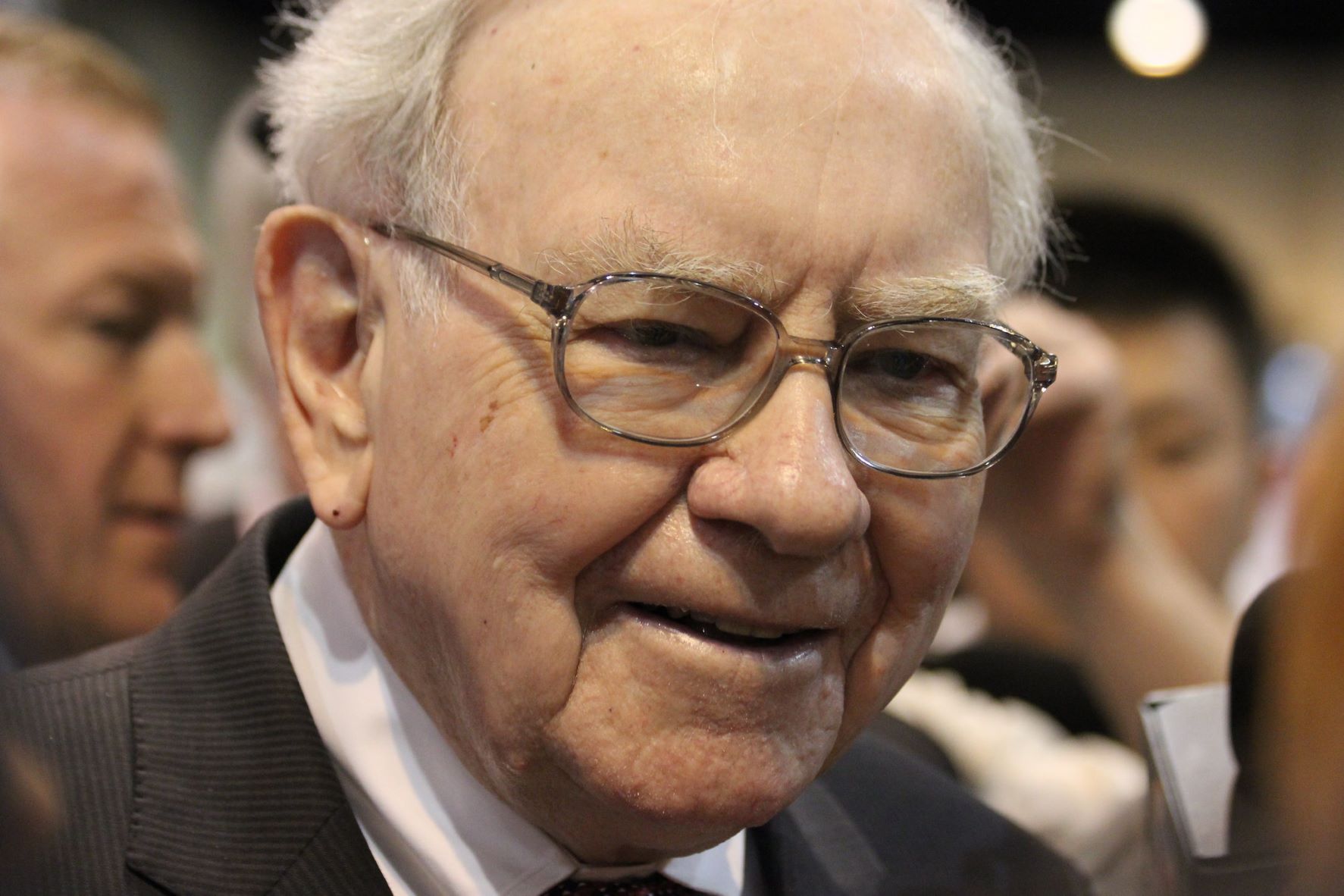Berkshire Hathaway‘s (BRK.A 1.25%) (BRK.B 1.35%) portfolio has changed significantly over the past year, even though billionaire investor and company CEO Warren Buffett hasn’t exactly been loading the company’s portfolio with stocks. Investors have been taking note of Buffett’s seemingly conservative investment strategy and what it might mean.
Here are some of the most notable changes in Berkshire’s portfolio this past year, and what, if anything, investors should read into these moves.
Apple’s presence in the portfolio is much more modest
The biggest move Buffett made to Berkshire’s stock portfolio in the past year involved trimming the company’s stake in Apple (AAPL 2.55%) dramatically. At the end of the first quarter of 2024, Berkshire owned 789 million shares of the iPhone maker. Fast-forward to the end of 2024, and that position fell to just 300 million shares (as of Feb. 14, 2025). Berkshire hasn’t yet released its 2025 Q1 portfolio specifics, so the total could be even lower now.
In 2023, Apple stock accounted for around half of Berkshire’s portfolio value. As of the end of 2024, Apple made up just 22% of its holdings. The other top five stocks in the portfolio remain the same: American Express, Bank of America, Coca-Cola, and Chevron. But there’s been a shift in their overall positions; there’s no longer a huge gap between Apple and the next-largest holding. American Express, at 14%, isn’t all that far behind.
While Buffett has made other investment moves over the past year, including buying shares of Domino’s Pizza and Pool Corp., they haven’t been significant enough to change the makeup of his major holdings, or to prevent Berkshire’s cash balance from reaching new records.
Berkshire has been loading up on cash
As Berkshire sold Apple stock, the company’s cash position has been steeply increasing. That’s because it hasn’t been deploying all the sales proceeds toward other stock purchases:

Data by YCharts.
At $334 billion, Berkshire’s cash position is a record high. The amount includes short-term investments in things like short-term Treasury bills. Because they’re highly liquid, they’re often included when referring to the company’s growing cash balance.
Among those speculating about why Buffett is allocating funds this way, some believe Buffett may be worried about the economy and is holding onto safe investments. Others think it might be because Buffett thinks stocks are all inflated in value right now, and there are too few good deals to be found at the moment. The billionaire investor is being somewhat tight-lipped regarding his reasoning. In years past, he has said that “forecasts may tell you a great deal about the forecaster; they tell you nothing about the future.”
Don’t read too much into Buffett’s moves
Buffett selling Apple shares and loading up on cash doesn’t necessarily mean that he knows something no one else does. I believe he may end up buying some Apple this quarter, simply because it’s come down in value and is more attractively priced. Whatever Buffett’s reasons for selling Apple and not loading up on other investments, they shouldn’t really matter to your investment plans. Your strategy is going to be different than Buffett’s because your needs are likely different from his.
Buffett will be the first to tell you that trying to time the market is something that even the world’s smartest and best investors don’t try to do, because they know it can be next to impossible to predict when the tide may turn. It may be prudent to hold more dividend stocks and safer investments given the current tariff risk in the market, but getting out of stocks entirely is likely not going to be an optimal move. If anything, taking a position in an S&P 500 (^GSPC 1.67%) index fund may be a no-brainer option given the index’s slide this year and the likelihood that it will recover in the long run.
American Express is an advertising partner of Motley Fool Money. Bank of America is an advertising partner of Motley Fool Money. David Jagielski has no position in any of the stocks mentioned. The Motley Fool has positions in and recommends Apple, Bank of America, Berkshire Hathaway, Chevron, and Domino’s Pizza. The Motley Fool has a disclosure policy.

